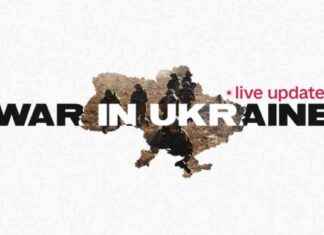Ukraine Deals Blow to Moscow with Gas Supply Halt
A significant development unfolded on January 2 when Ukraine ceased Russian fuel deliveries, heralded as a momentous setback for the Kremlin in its ongoing invasion of the nation. The move was met with applause from Kyiv and Warsaw, who viewed it as a pivotal victory against Russian influence. The repercussions of this decision quickly reverberated beyond Ukraine’s borders, affecting the Transnistria region of Moldova, which has traditionally been an ally of Moscow.
Impact on Transnistria and European Markets
The consequences of halting Russian gas supplies were immediately felt in Transnistria, where natural gas and heating were disrupted, causing hardships for local communities and public institutions. The Transnistrian government, once aligned with Moscow but now shifting towards the West, blamed the Kremlin for the fuel shortage, calling for an end to Russian blackmail tactics in the region. Meanwhile, President Zelensky of Ukraine hailed the move as a severe blow to Russia’s economic interests, emphasizing the decline of Russian gas transit through Ukraine to zero.
Before the halt, Russian gas accounted for 40% of European imports, with the stoppage seen as a victory for Ukraine and its allies. The move marked a new era in European energy dynamics, with countries like Austria and Poland expressing relief at reducing their dependence on Russian gas. The geopolitical implications of this shift were significant, as it weakened Russia’s ability to wield gas exports as a political weapon in Eastern Europe.
Human Cost of Conflict
Amidst the broader strategic implications, the conflict between Russia and Ukraine continued to exact a devastating toll on civilians. On New Year’s Day, a prominent husband and wife, both scientists, were tragically killed in a Russian drone attack on Kyiv. The couple, dedicated to their scientific work, had spent years contributing to the field of biology and medicine in Ukraine. Their untimely deaths served as a stark reminder of the human cost of war, highlighting the indiscriminate nature of modern warfare tactics.
As the conflict entered a new phase with shifting alliances and escalating casualties, the international community closely monitored the situation in Ukraine. The ongoing struggle for control and influence underscored the complexities of geopolitical conflicts and the profound impact they have on individuals and societies. In the face of adversity, the resilience of those affected by conflict serves as a testament to the enduring spirit of humanity in the midst of turmoil.

















